Our assortment of wholesale lock pakistan includes quality locks for many occasions. Lockboxes are containers with enclosed spaces and built-in locks which are used for protecting valuables. Bike lock comes in different types such as cable, chain and D-lock is used to deter bicycle theft by locking one of the wheels or by fastening the bicycle to a fixed object.
The smart locks are very convenient, users can check from their smartphone to see if their doors are properly locked. For those who are expecting guests to come when they are not around, they can unlock the door from phones as well. A padlock is a lock that is used for fastening two things together. It consists of a block of metal with a bar attached to it. To unlock it, simply insert the key and it will be unlocked releasing one of the bars.
A deadbolt is a locking mechanism that makes the door more resistant to entry without the right key, and it makes the door resistant to forced entry. These lock pakistan are different from spring bolt locks because they can be unlocked using a key or handle. The door latch slides into the edge of the door and retracts with the turn of the doorknob. It keeps the door closed and only when the knob is turned, the door will open.
For vehicles owners, they would look for steering wheel locks. It’s a theft-deterrent system that immobilizes the steering wheel of a car. Window locks can help fortify windows. They are installed on top of the window sash to secure it. A combination lock is also available, which is a locking device that uses sequences of numbers to be locked or unlocked. They come in a wide assortment, from three-digit luggage locks to high-security safes.
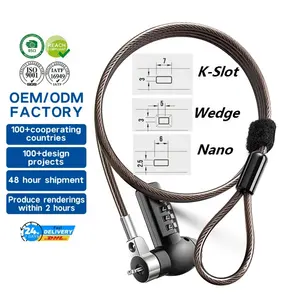



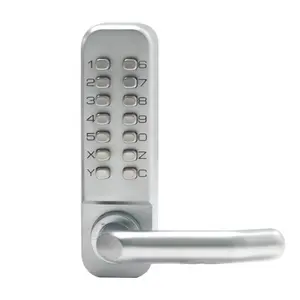

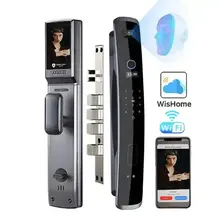


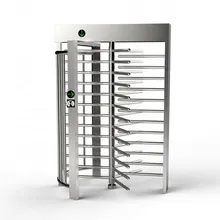

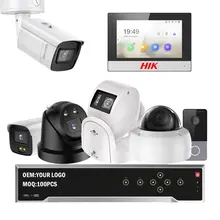
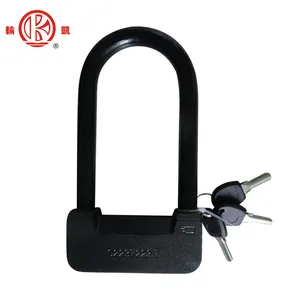


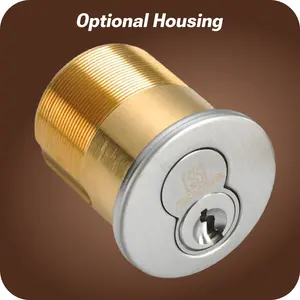


















 浙公网安备 33010002000092号
浙公网安备 33010002000092号 浙B2-20120091-4
浙B2-20120091-4